Our programs and outreach need more hands. We welcome every contribution and collaboration made…
1. Nurture Moderate Islamic Education
Darulfunun’s approach to education starts with Syaikh Abbas Abdullah’s School, which is named Darulfunun. Syaikh Abbas Abdullah, one of the prominent Indonesia (Hinda Belanda once) moderate scholars in 19’s, along with Haji Abdul Karim Amrullah (HAMKA father), Syaikh Ibrahim Musa and more, initiated a school network called Sumatera Thawalib.
The education concept that Darulfunun offers is the integration of blended Islamic science and science in general. Syaikh Abbas Abdullah was among the first teachers and educators who taught geography, history, and math and built the curriculum of Pondok with a modern perspective. This concept was based on his observation of the Ottoman school, Darulfunun.
Darulfunun, along with the Sumatera Thawalib networks, is among the pioneers who transformed the traditional halaqah system into a classroom system with levels and structured curricula. This makes Darulfunun and Sumatera Thawalib network schools an alternative for people besides the government schools, which have limited public access and less facilitate Islamic knowledge.
The reformer networks In broader scope build their networks in Nusantara like Kyai Haji Ahmad Dahlan (Muhammadiyah), Kyai Haji Hasyim Asy’ari (Nahdhatul Ulama), Haji Ahmad Hasan (Persis), also some prominent Al-Irsyad scholars in Singapore and Malaysia.

Today, the effort is a bit different. A moderate Islamic education faces more complex and competitive challenges. Islamic education is expected to compete more at the formal level in terms of outcome quality and blended Islamic knowledge.
2. Empowered The Education Ecosystem
IDRIS collaborates with some online education providers that can help us facilitate access to higher education levels.

With limited access to good education, the new and the young scholars also face limited access to academic mentoring.
3. Assist The Needy (Dhuafa)
Education is a basic tool for society to develop. In many third-world countries, people need to choose between food and education. Scholarship programmes were the solution for the needy to access education.

IDRIS collaborates with schools to distribute scholarships to students. Some analysis shows that only less than 30% of children can finish higher education in Sumatra because of limitations in fees and school infrastructure.
